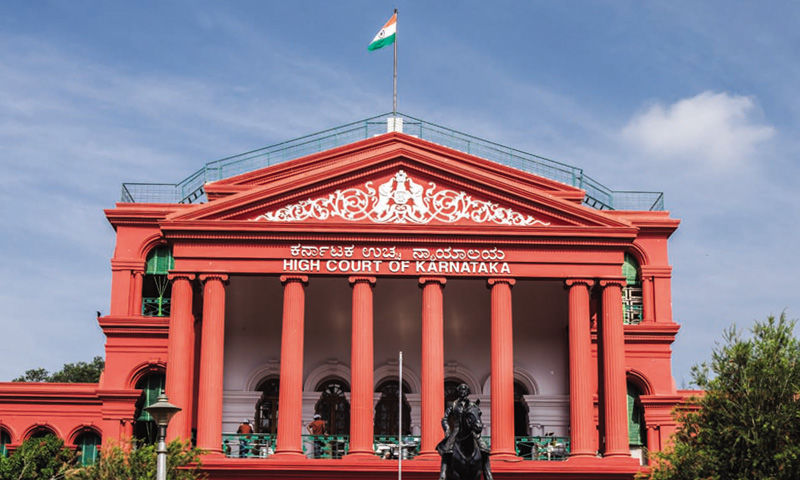In what comes as a slightly strange decision, the Karnataka High Court on Wednesday ruled out that the polygraph test, more colloquially referred to as the lie-detector cannot be administered without obtaining the written consent of the accused person to whom it is to be administered.
The single-judge Bench of Justice Suraj Govindaraj was hearing the petition filed by one Virendra Khanna (accused in the 2018 sandalwood drug scandal) challenging a trial court’s order which directed him to undergo a polygraph test and provide biometric passwords for his electronic devices to the police.
As per a copy of the judgment posted by Bar and Bench, the court observed that mere silence of the concerned person will not amount to consent of such person. The consent by the accused has to be categorical, without any doubt and should be made after being informed and made aware of the implications of the test.
“Mere silence of the said person would not amount to consent on behalf of such person. If a person were to refuse the administration of polygraph test, no such polygraph test could be administered and even if administered, the result of the said test would be void and cannot be considered by a Court of Law,” the judgment said.
Noting that the trial court ought to have taken into consideration the fact that a polygraph test cannot be conducted without the consent of the accused, the Karnataka High Court set aside the earlier order and said that the consent need to be obtained in writing.
“The consent in writing to be obtained from such a person before directing the administration of the polygraph test. Merely because an accused is silent, neither accepts or rejects the administration of polygraph test would not amount to consent being provided by the accused,” the judgment said.
As much as the courts of India are looking to uphold the personal liberty of the accused or criminals, one cannot help but wonder, which accused would voluntary step up and sign a written conformation for a lie detector test which has the potential to implicate him? It is like the umpire asking a batsmen struck plumb on the pads by a straight delivery if he would like to be given LBW out or not.
Lately, the higher courts of the country have brought the spotlight upon themselves for the slew of judgements and observations they have made. It started with a 25-year-old man accused of raping and impregnating a 16-year-old girl, who was granted bail after he expressed willingness to marry the minor girl.
Things became a lot iffier when earlier this month, CJI Bobde granted interim protection to a 23-year-old government employee of Maharashtra, accused of repeatedly committing rape on a minor girl in 2014-15. However, it was his question to the accused party, “Will you marry her?” that caused a lot of furore amongst the public.
The aforementioned decision by the Karnataka High Court has been made in good faith but in the real world when a criminal is snared in the net of an investigative agency, the polygraph test is one of the important tools used to obtain a confession. However, by taking away that power, the courts have made the task tougher for the executive to perform its duty.
